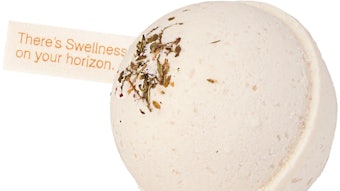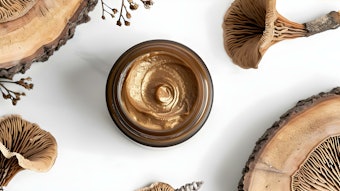Clients stopping into the spa often take a few minutes to enjoy a relaxing hot beverage, and a new study suggests that cup of tea or coffee may help them prevent strokes.
Here's some good news for java junkies and tea lovers alike: Two new studies suggest that both beverages may lower your stroke risk.
As coffee drinking increases, the prevalence of stroke decreases, said Dr. David Liebeskind, author of the coffee study and an associate clinical professor of neurology at the University of California, Los Angeles. He evaluated the association between coffee drinking and stroke by looking at data from the Third National Health and Nutrition Examination Survey, taken in 1988-94. He zeroed in on the 9,384 adults older than 40 who were coffee drinkers. Of those, 500 (5%) had been told by their doctor that they'd had a stroke. And 2,793 (29.85) had self-reported stroke symptoms or a mini-stroke, also known as a transient ischemic attack.
When he looked at stroke prevalence and coffee drinking, Liebeskind found that the more coffee the adults drank, the less likely they were to have a stroke or a mini-stroke. Those who drank six or more cups a day, he found, had a stroke prevalence of 2.9%, whereas those who drank just one or two cups daily had a stroke prevalence of 5%. The finding was presented Thursday at the International Stroke Conference in San Diego.
This latest coffee study comes on the heels of a study published in the February issue of Circulation that found long-term coffee consumption is linked with a lower stroke risk in women who don't smoke. To come to that conclusion, researchers followed more than 83,000 women who enrolled in the study in 1980 with no history of stroke, heart disease, diabetes or cancer. They found stroke risk was 20% lower in those drinking four or more cups a day and 12% lower in those who had coffee five to seven times a week.
Tea drinkers may have reason to enjoy their brew, too, according to another study presented at the San Diego meeting. Those who drink more than three cups a day had a 21% lower risk of stroke than those who sipped less than a cup daily, said study author Dr. Lenore Arab, a professor of medicine and biological chemistry at the University of California, Los Angeles.
She conducted a meta-analysis, pooling the results of nine published studies involving 4,378 strokes among more than 194,000 people, many from Asia. Black tea and green tea were studied, and it was typically caffeinated.
The result was that increased tea consumption decreased the risk. "We see it consistently in every study," Arab said. The research was funded by the Unilever Lipton Institute of Tea, a research and development arm of Lipton Tea.
Exactly how tea reduces stroke risk isn't clear, she said. Among the suggested ways it might work is by anti-inflammatory action. An amino acid found in black and green tea, theanine, may protect the brain.
The tea study is stronger than the coffee study, said Dr. Ralph Sacco, chairman of the department of neurology at the University of Miami Miller School of Medicine. The coffee study, though interesting, "still needs confirmation," he said. The research was like a snapshot in time, asking people about coffee habits at a given point. Better, he said, is to do a study in which participants are followed over time to determine if there is a link between coffee drinking and stroke.
He also wondered if coffee drinking might have decreased among those who were diagnosed with heart or other problems and were advised to reduce their coffee intake. "I don't feel this study is strong enough to recommend people drink coffee to reduce the risk of stroke," he said.
To learn more about reducing the risk of stroke, visit the American Stroke Association.
HealthDay News, February 20, 2009










